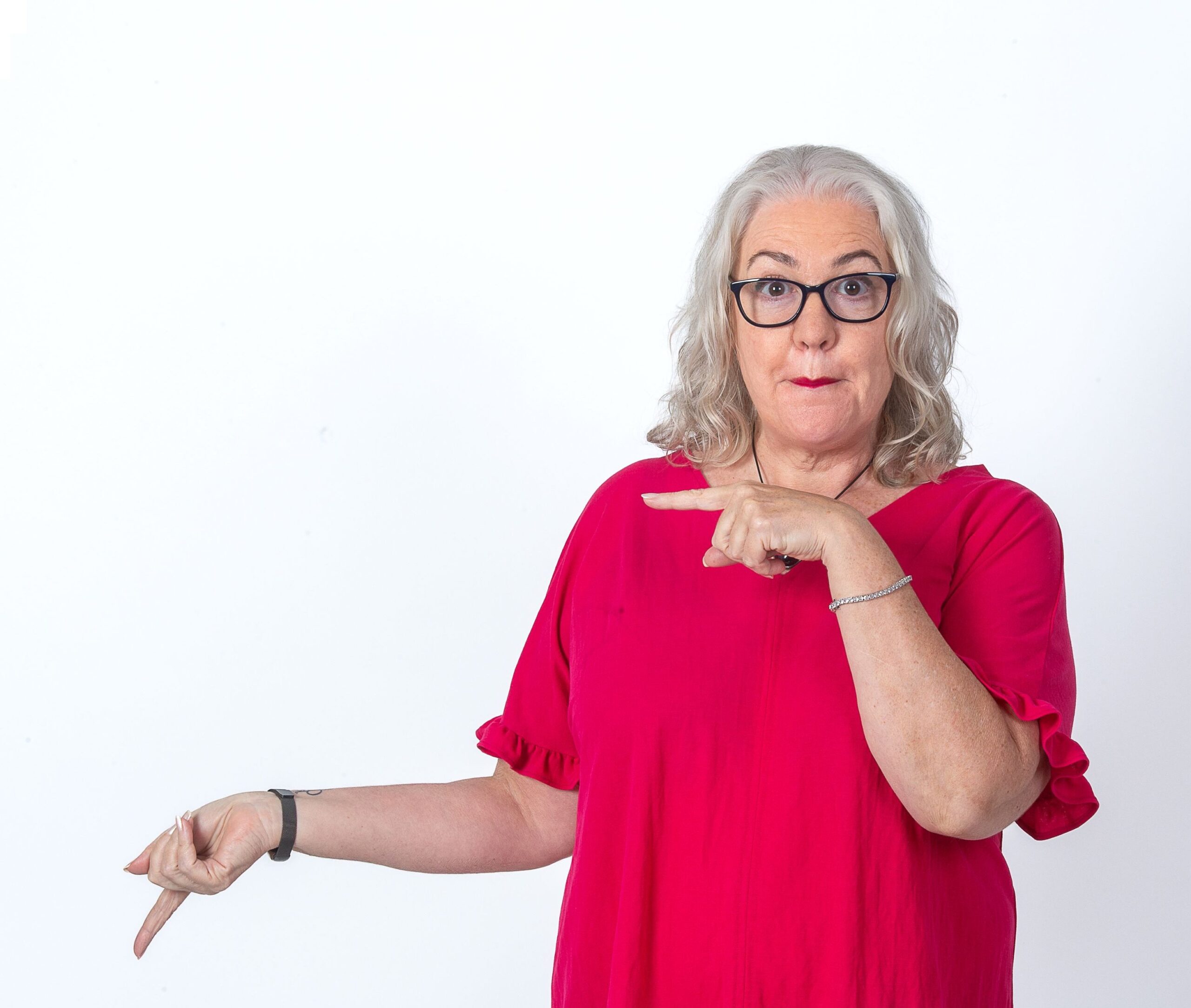It’s a hard truth, but an important one: being amazing at your craft doesn’t automatically make you ready to lead a business.
I say that with a lot of love, and a lot of lived experience.
When I first started Oracle Tree, it was just me and a designer building sites for small businesses in my area. I’d come out of running a busy natural therapies centre and was keen to create something that gave me more time with my daughter and a bit less chaos.
It grew over time and felt like success. We had work. The clients were happy. I was “busy”… which, back then, felt like a good thing.
But in hindsight? I hadn’t built a business. I’d built a job. (again)
And not just any job, a job where I was doing everything.
I was the strategist, the salesperson, the project manager, the customer service rep, the creative director and even the web developer! (Don’t worry, we don’t let that happen anymore.)
What I didn’t realise then is that doing the work and leading the business that does the work are two entirely different skill sets. And most small business owners, especially those who start solo, don’t see the gap until it smacks them in the face.
Usually it happens when things start to go well.
You get more clients. More projects. Maybe a few contractors. Suddenly, the work you love is getting squeezed by admin, team issues, cash flow questions, client escalations, delivery delays, and the endless feeling that you’re the only one who really knows what’s going on.
You go from doing what you’re great at…
To babysitting a business that’s trying to grow up faster than you are.
That’s the founder-to-CEO gap.
So what do you do?
You stop trying to do everything, and start doing the right things.
For me, that meant getting really clear on:
– What seat I actually wanted to sit in
– What roles existed in the business (not just what people I had or who happened to be nearby)
– And who I needed around me to hold the rest
I still remember the first time I sketched out an accountability chart and realised I was sitting in at least six seats. No wonder I was exhausted.
It also meant letting go of the idea that I had to be across everything to be a good leader.
Turns out, I’m a better CEO when I stay focused on mentoring, strategy, and vision – not fiddling with font sizes or trying to save $200 by DIY-ing something someone else can do better.
TL;DR?
Being brilliant at your craft might get your business off the ground.
But building a business that runs without you? That takes a different kind of brilliance.
It’s not about scaling fast. It’s about scaling right.
And giving yourself permission to grow into the role your business actually needs next.
That role isn’t “doer of all the things.”
It’s CEO.
~ Marama









